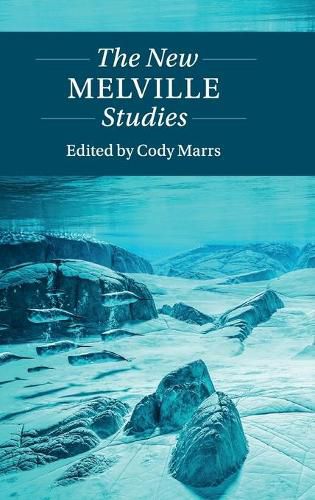Readings Newsletter
Become a Readings Member to make your shopping experience even easier.
Sign in or sign up for free!
You’re not far away from qualifying for FREE standard shipping within Australia
You’ve qualified for FREE standard shipping within Australia
The cart is loading…






What does Melville studies look like after a phase of intense critical activity? This book addresses that question by analyzing Melville as a writer who was keenly interested in the pleasures, limits, and possibilities of various reading practices. It collects and assesses all of the major new trends in Melville studies. Essays, written by some of the leading scholars in the field, test out emerging critical methods. They explore Melville’s centrality to American literary studies and consider the full range of Melville’s career, connecting his poetry to his prose. This collection re-imagines Melville as a theorist as well as a writer, approaching his works as philosophical forms in their own right. It shows how scholars are changing Melville studies not only by re-orienting the texts upon which those studies are based, but also by incorporating new approaches that unsettle prior assumptions and interpretive claims.
$9.00 standard shipping within Australia
FREE standard shipping within Australia for orders over $100.00
Express & International shipping calculated at checkout
What does Melville studies look like after a phase of intense critical activity? This book addresses that question by analyzing Melville as a writer who was keenly interested in the pleasures, limits, and possibilities of various reading practices. It collects and assesses all of the major new trends in Melville studies. Essays, written by some of the leading scholars in the field, test out emerging critical methods. They explore Melville’s centrality to American literary studies and consider the full range of Melville’s career, connecting his poetry to his prose. This collection re-imagines Melville as a theorist as well as a writer, approaching his works as philosophical forms in their own right. It shows how scholars are changing Melville studies not only by re-orienting the texts upon which those studies are based, but also by incorporating new approaches that unsettle prior assumptions and interpretive claims.